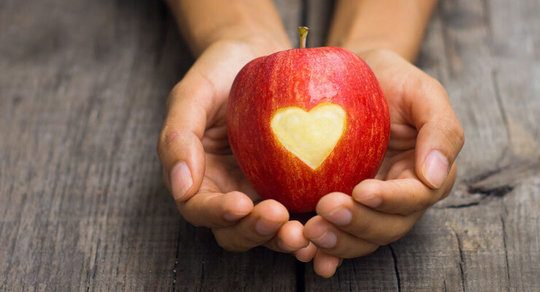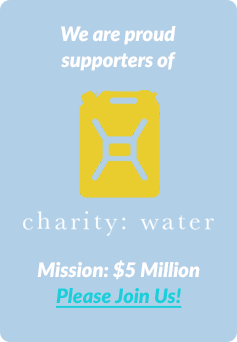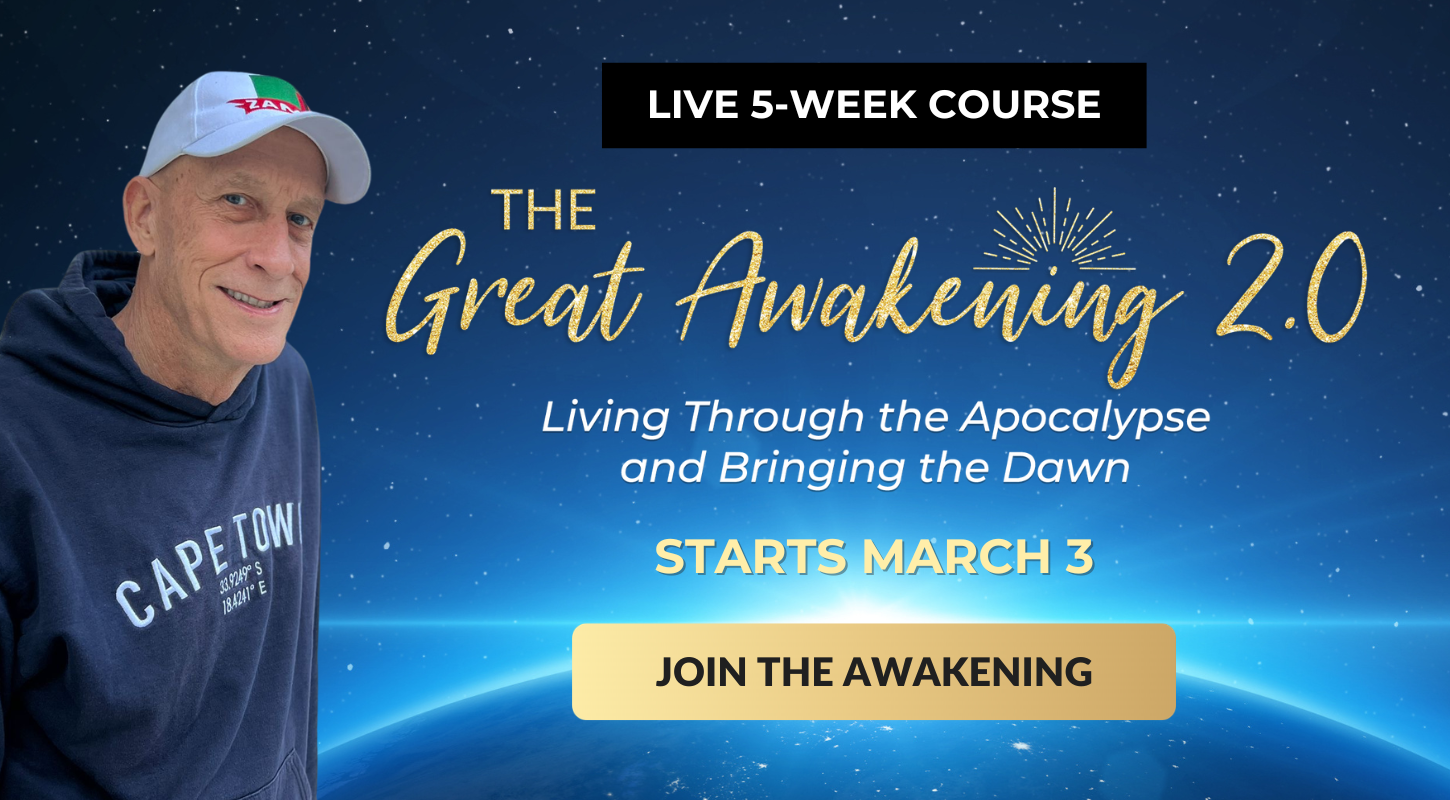Let’s start with the basics.
According to the dictionary, forgiveness means “to cease to feel resentment toward someone.” That’s it. Just stop feeling resentment.
Sounds simple enough. But if you’ve ever actually tried to forgive—tried to let go of the pain, the betrayal, the absence, the abandonment—you know that definition doesn’t even begin to scratch the surface. It tells me what forgiveness is, but not how to do it. Not even how to begin.
And maybe that’s why, for so long, forgiveness felt impossible to me.
I grew up with an alcoholic father. And with that came everything that tends to follow addiction: chaos, fear, confusion, emotional abandonment, and the aching silence of things that were never said.
I didn’t just hold on to what happened—I clung to what didn’t. The childhood I should have had. The father I wish I’d had. The safety, the softness, the certainty that never showed up.
So yeah—stop feeling resentment? That feels like a cruel joke when your nervous system is wired in survival mode.
But then I heard a definition that changed something in me. It came from someone I deeply admire and have had the honor of knowing personally: Dr. Edith Eva Eger. She’s a Holocaust survivor, psychologist, and author of The Choice and The Gift.
She said, “Forgiveness is letting go of that part of myself that needs to judge the other.”
That hit me in a completely different way. Because finally, I had a direction. A practice. A question: Why do I need to judge? And more importantly: What is judging doing to me?
I realized that every time I judged my father for not being what I needed him to be… I froze a part of myself in the past. I kept him trapped in the role of “the one who hurt me,” and kept myself trapped as “the one who was hurt.”
And in that dynamic, there was no room for freedom. No room to just be.
Then, I heard something else that shifted me even further. Oprah once shared that a guest on her show described forgiveness as “Letting go of the hope that the past could have been any different.”
And wow. That one hurt—and healed—at the same time. Because that’s what I was doing: holding onto this silent, aching hope that maybe… somehow… my past could change. That maybe I could rewrite it with my mind. Or that resenting it hard enough would make it un-happen.
But forgiveness is the moment I stop wishing for what will never be. It’s not a giving up—it’s a letting go. There’s a difference.
Because it’s not real hope we’re clinging to; it’s more like a ghost. A loop. A broken record of “what ifs” and “if onlys” that keeps us spinning in place while life moves forward without us.
I don’t have a perfect word for that ghost—but here’s a metaphor:
It’s like trying to swim with an anchor tied to your ankle. You think if you just kick hard enough, maybe you’ll move, but that false hope keeps you trying to live in the now while still dragging the past. You only get your life back when you cut the rope.
And here’s one more thing I’ve realized: Forgiveness gets stuck when we assume we know why someone did what they did. We fill in the blanks with stories.“He didn’t care.” “She chose to hurt me.” “They knew and did it anyway.” We take it personally.
But sometimes—not always, but often—what they did had more to do with their pain than with our worth. And sometimes we’ll never know the full story. We can only choose what we do with ours.
So when I think about forgiving my dad, it’s not because he said the right things or did the work or even changed.
It’s because I wanted to be free. Because I got tired of carrying a weight that was slowly killing me from the inside. Because I wanted to be more than just what happened to me.
Forgiveness isn’t about exonerating someone. It’s not saying “it’s okay.” It’s not condoning, excusing, or forgetting.
It’s saying, “This hurt happened. I didn’t deserve it, but I choose to not let it define the rest of my life.”
Forgiveness is for me. For my peace. For my freedom. For my future.
And maybe for yours too.








